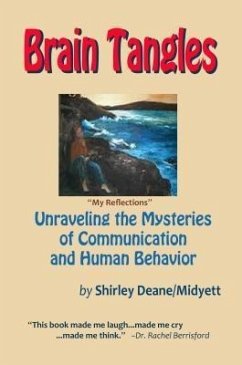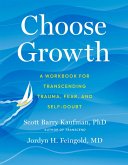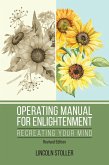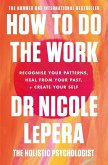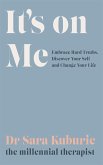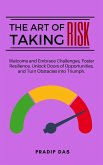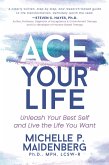This book is the story of how I survived the shock of living in the "real" world while at the same time holding onto the wonders I experienced in my childhood. It is also a history of my discoveries during over forty years of striving to balance logical, rational mental health concepts with intuition and common sense.
During my journey I was constantly exploring new concepts in the psychotherapeutic unknown, as people with "mental health issues" began to face fears associated with that. When my journey began, people were afraid of the stigma, but now they are permitting themselves to seek help.
Over the years I formalized my credentials as a mental health professional - addiction counsellor, psychotherapist, Biomedical Communication Specialist, researcher, program developer, and eidetic art psychotherapist.
Each chapter recounts a stage of my journey in applying what I was discovering to issues in mental health, the business community, and addiction treatment and counselling in America and Australia. The book reveals what I have learned in healing my own personal pains, and what questions I ponder on my spiritual journey as I move toward old age. Shadowing my personal account is the story of the evolution of the counselling profession.
My discoveries were like the letters in my childhood alphabet, each one linking with another to form concepts, finally giving a voice to a better comprehension of human behaviour.
In the book you will find substantiated models and therapeutic tools such as "The Survivors Checklist," "Nine Elements of Communication," "Four Steps in Changing," and "Human Developmental Basics."
In case prospective readers may be wondering, this book is not another enlightenment story trying to sell God. Nor is it another disclosure of a child of an alcoholic. That is not to deny the importance of both of them to me in my personal journey, for they are seeds at the core of my being. They fuelled my striving to find answers to questions why people do what they do in trying to get their needs met.
Permission to finally disclose my journey came from three important events: (1) my personal interrogative interview with Dr. Karl Menninger in 1982, at the conclusion of which he said to me, "This needs to be used in hospitals"; (2) my elder son's admonishing me, "I'm tired of you saying you don't have the right to write because you don't have a PhD!"; and (3) the time I travelled around the United States in a semi-truck with my husband Vic, during which I wrote an early draft of this book while sitting in the passenger seat.
During my journey I was constantly exploring new concepts in the psychotherapeutic unknown, as people with "mental health issues" began to face fears associated with that. When my journey began, people were afraid of the stigma, but now they are permitting themselves to seek help.
Over the years I formalized my credentials as a mental health professional - addiction counsellor, psychotherapist, Biomedical Communication Specialist, researcher, program developer, and eidetic art psychotherapist.
Each chapter recounts a stage of my journey in applying what I was discovering to issues in mental health, the business community, and addiction treatment and counselling in America and Australia. The book reveals what I have learned in healing my own personal pains, and what questions I ponder on my spiritual journey as I move toward old age. Shadowing my personal account is the story of the evolution of the counselling profession.
My discoveries were like the letters in my childhood alphabet, each one linking with another to form concepts, finally giving a voice to a better comprehension of human behaviour.
In the book you will find substantiated models and therapeutic tools such as "The Survivors Checklist," "Nine Elements of Communication," "Four Steps in Changing," and "Human Developmental Basics."
In case prospective readers may be wondering, this book is not another enlightenment story trying to sell God. Nor is it another disclosure of a child of an alcoholic. That is not to deny the importance of both of them to me in my personal journey, for they are seeds at the core of my being. They fuelled my striving to find answers to questions why people do what they do in trying to get their needs met.
Permission to finally disclose my journey came from three important events: (1) my personal interrogative interview with Dr. Karl Menninger in 1982, at the conclusion of which he said to me, "This needs to be used in hospitals"; (2) my elder son's admonishing me, "I'm tired of you saying you don't have the right to write because you don't have a PhD!"; and (3) the time I travelled around the United States in a semi-truck with my husband Vic, during which I wrote an early draft of this book while sitting in the passenger seat.
Dieser Download kann aus rechtlichen Gründen nur mit Rechnungsadresse in A, D ausgeliefert werden.

